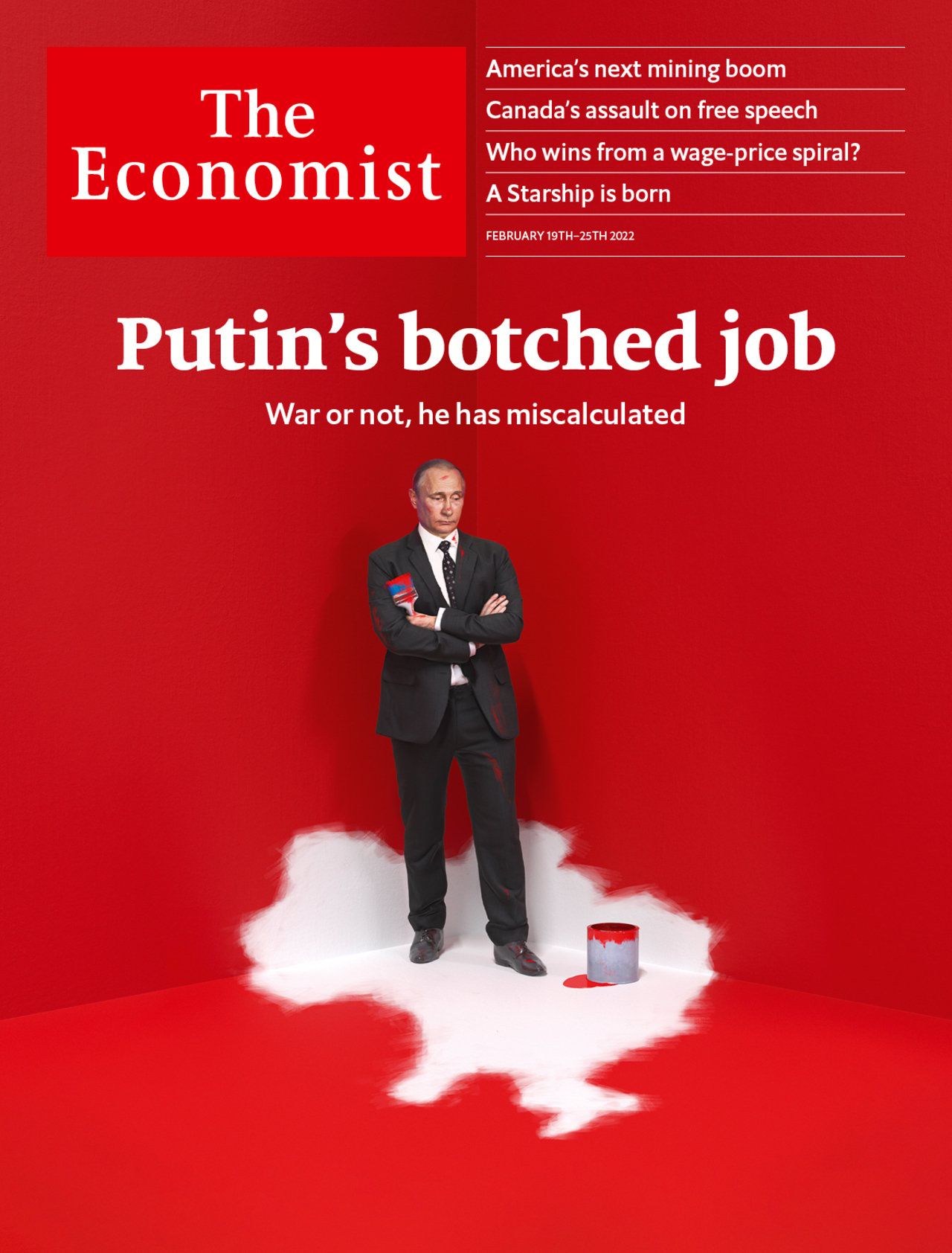A new history of sanctions has unsettling lessons for today
Sometimes they create the problem they are trying to solve

JUST AFTER the end of the first world war and the dissolution of Austria-Hungary, one observer noted that “every clock in Prague [was] gone, melted for the metals.” Another, in Vienna, saw children “wrapped in paper, for want of sheets and blankets”. At the time much of Europe was under strict economic sanctions, as western powers tried to hold the post-war peace and restrain communism. It was the first time that the “economic weapon”, the title of Nicholas Mulder’s new book, had been used, but by no means the last. By the 2010s a third of the world’s population lived under sanctions. Prominent among the current targets is Russia, which will face further sanctions if it invades Ukraine. Mr Mulder, of Cornell University, looks at sanctions over the three decades after the first world war—and reaches unsettling conclusions.
This article appeared in the Finance & economics section of the print edition under the headline “The wonks’ weapons”
More from Finance & economics

Europe’s economic growth is extremely fragile
Risk is concentrated in one country: Germany

How vulnerable is Israel to sanctions?
So far, measures have had little effect. That could change

Why companies get inflation wrong
Bosses should pay less attention to the media
What is behind China’s perplexing bond-market intervention?
The central bank seems to think the government’s debt is too popular
How to invest in chaotic markets
Contrary to popular wisdom, even retail investors should pay attention to volatility
Vladimir Putin spends big—and sends Russia’s economy soaring
How long can the party last?
